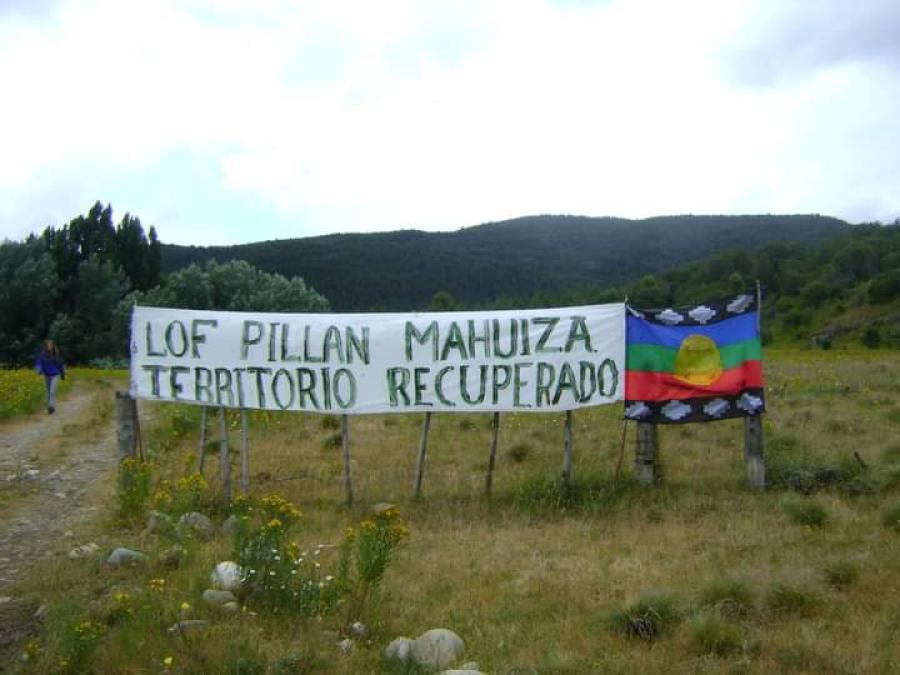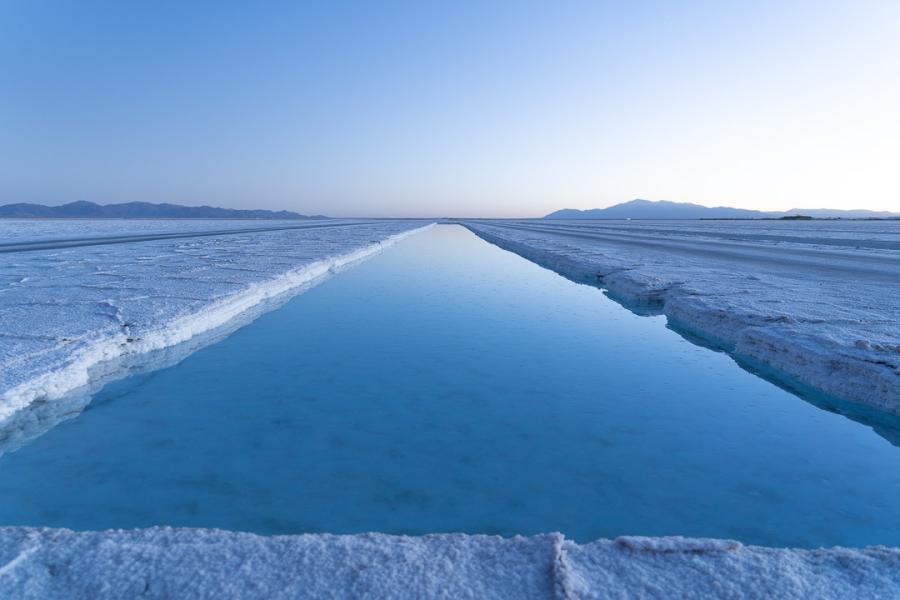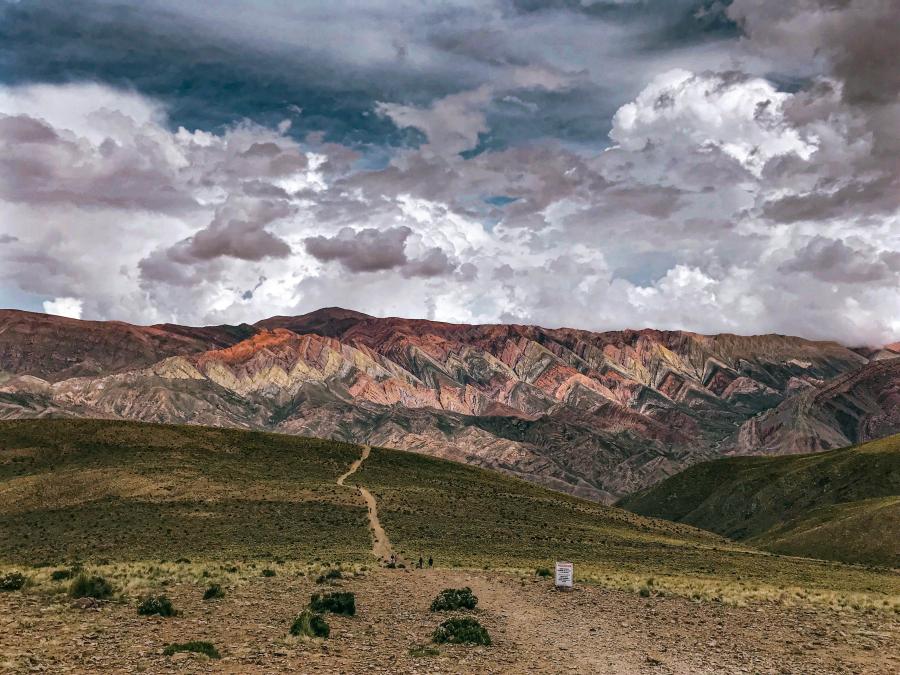The second Indigenous Peoples Summit of the Americas, hosted by the Organización de Naciones y Pueblos Indígenas en Argentina (ONPIA) and the Assembly of First Nations in Canada (AFN), took place in Buenos Aires, Argentina from October 24-29. Indigenous groups met at the summit to draft a Declaration and Action Plan of the Indigenous Peoples of the Americas.
The final declaration calls for improvement of indigenous education, respect of communal intellectual property, and ratification by all American states of the International Labour Organization Convention 169 on Indigenous and Tribal Peoples in Independent Countries.
Celeste McKay, International Liaison for the Native Women’s Association of Canada, said in a phone interview that the draft evolved from three different symposiums and the First Indigenous Summit Declaration held in Ottawa, Canada, in 2001. The draft was presented at the Fourth Summit of the Americas by a delegation of indigenous representatives from the Indigenous Summit, reported Indian Country Today.
The Summit of the Americas, the highest political forum in the hemisphere, is attended by the 34 Heads of State and Government in the Americas. The fourth summit, which took place November 4-5 in Mar de Plata, Argentina, was themed "Creating Jobs to Fight Poverty and Strengthen Democratic Governance." The summit was combined with an indigenous forum, the first of its kind to take place at the Summit of the Americas, according to acting AFN representative Darrel McLeod.
"In Canada, as in many countries, those hardest hit by poverty are our indigenous peoples, and we must do far more to address the reality of this deeply human challenge," said Paul Martin, Prime Minister of Canada in his opening speech. "This is why I applaud the results of the second Indigenous Peoples Summit here in Argentina, for they provide a rich menu of approaches to redress the poverty gap and integrate our indigenous peoples into the economic mainstream," he said.
The key negotiating factor at the summit, which was not on the official agenda, was the implementation of the Free Trade Area of the Americas (FTAA). The United States, Canada, and Mexico were among the 29 countries supporting the free trade agreement, while Brazil, Argentina, and Paraguay wished to put off negotiations until the World Trade Organization (WTO) Summit in December in Hong Kong, IPS News reported. Venezuela openly opposed the FTAA, wanting the initiative abandoned entirely.
The disagreement primarily centered on United States farm subsidies, according to IPS. The indigenous declaration rejected "States’ assumption of the right to dispose of [their] lands, territories and resources," particularly through the implementation of agreements such as North American Free Trade Agreement, Plan Pueblo Panama, Plan Colombia, FTAA, and others.
Not all indigenous peoples feel that the Indigenous Summits are a true representation of indigenous concerns, however.
The first Indigenous Summit in 2001 was met with some hostility, as various indigenous leaders claimed that the "intention of the Canadian government appeared to be to make indigenous delegates endorse globalization agreements such as Free Trade Area of the Americas," Nilo Cayuquoe reported in Indian Country Today.
As a result of the dissention, several organizations including the Mapuche Confederation of Neuquen, the Indigenous Commission of the Argentinean Lawyers Association of Argentina (CJIRA), Confederation of Indigenous Nationalities of Ecuador (CONAIE), and the National Indigenous Organization of Colombia (ONIC) organized a counter-summit—the Continental Summit—held in Mar de Plata, Argentina, October 30-November 1, three days prior to the president’s summit.
The Continental counter-Summit assembled its own declaration, which discusses the right to self-determination, the need for indigenous representation within international organizations, and the quick adoption of both the United Nation and Organization of American States declarations on the rights of indigenous peoples.



